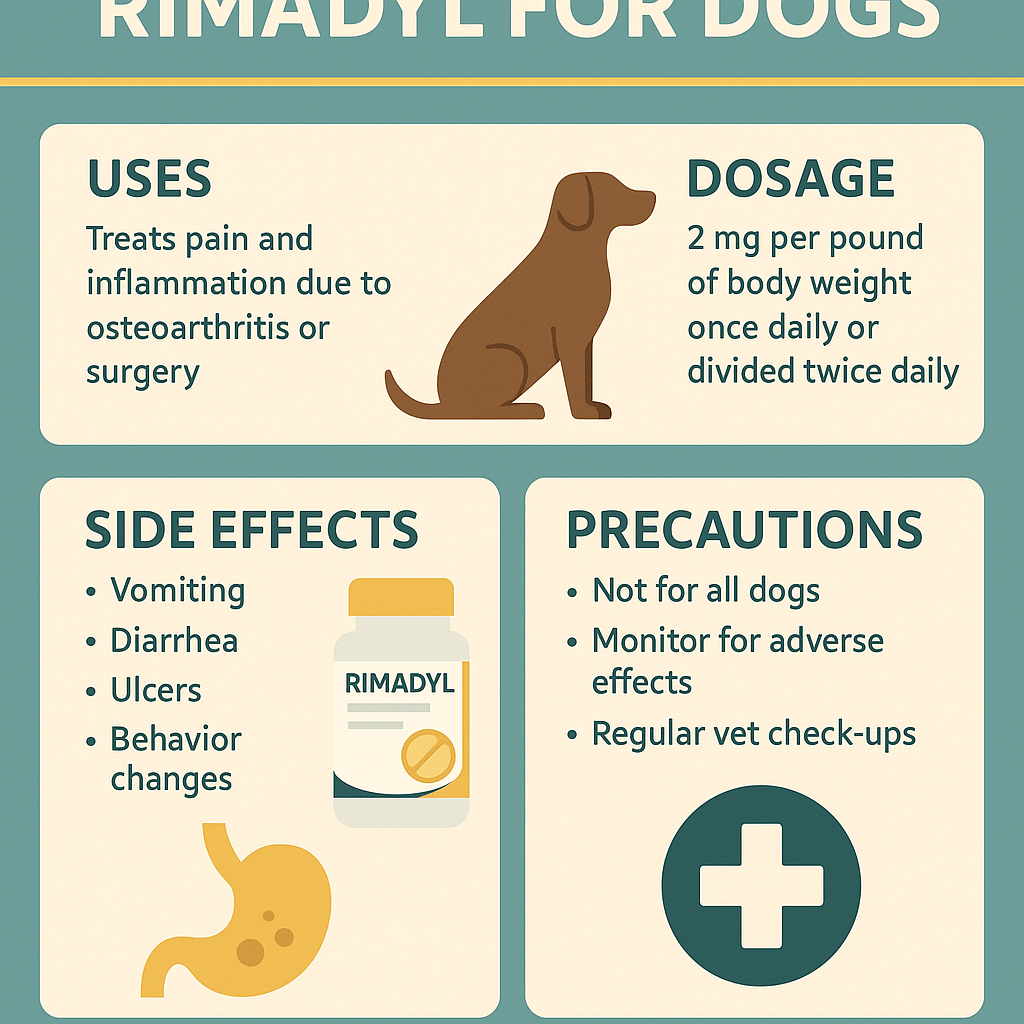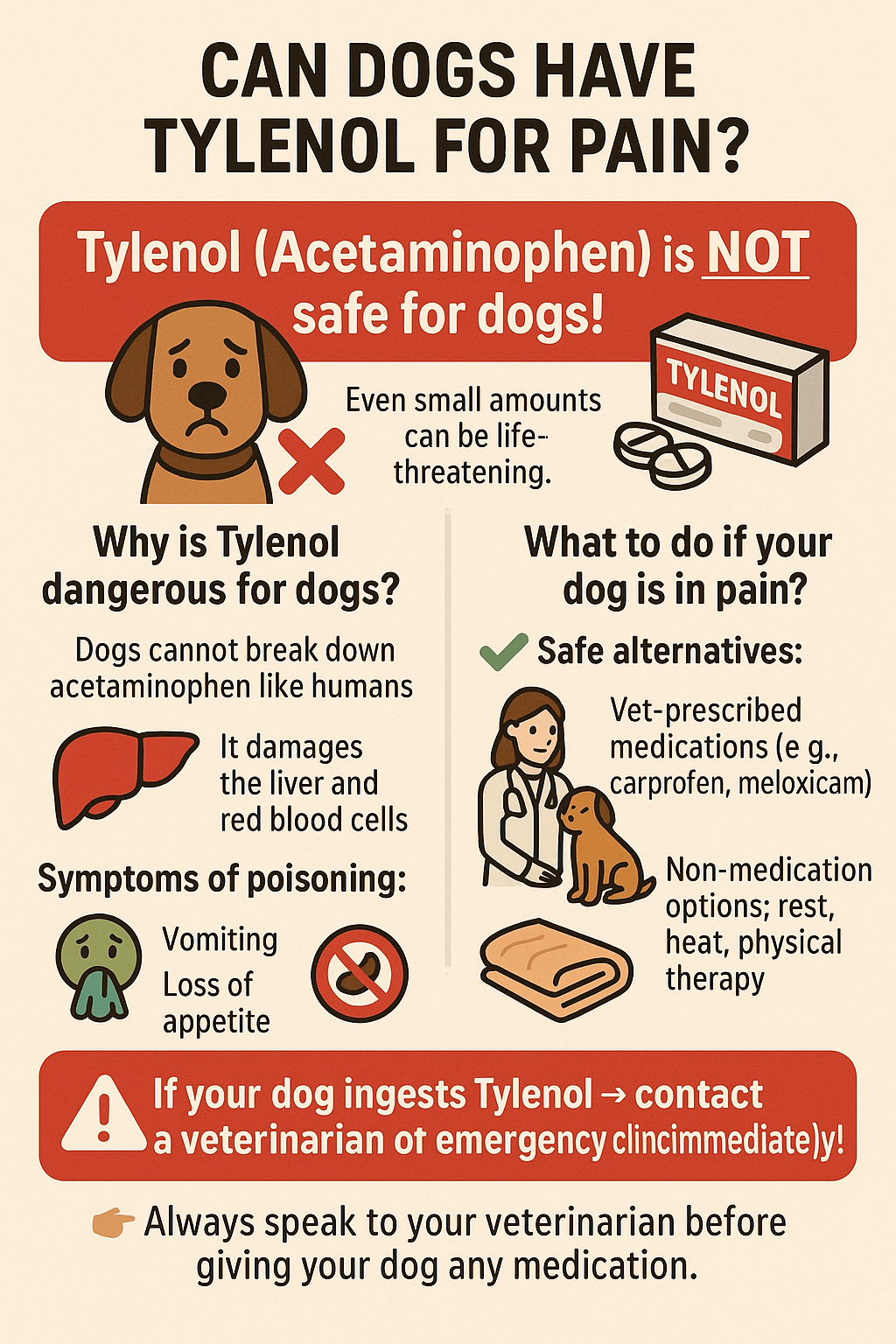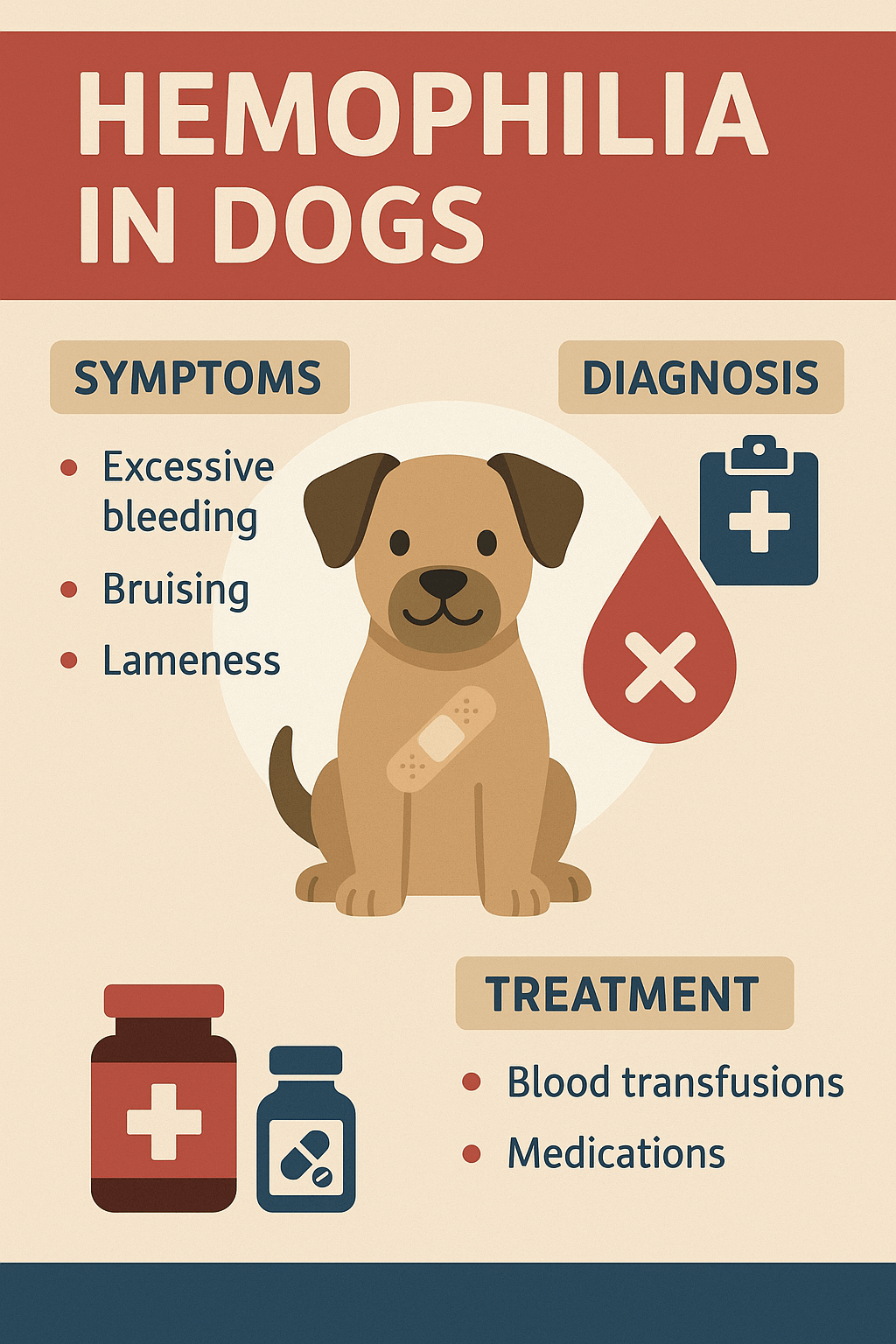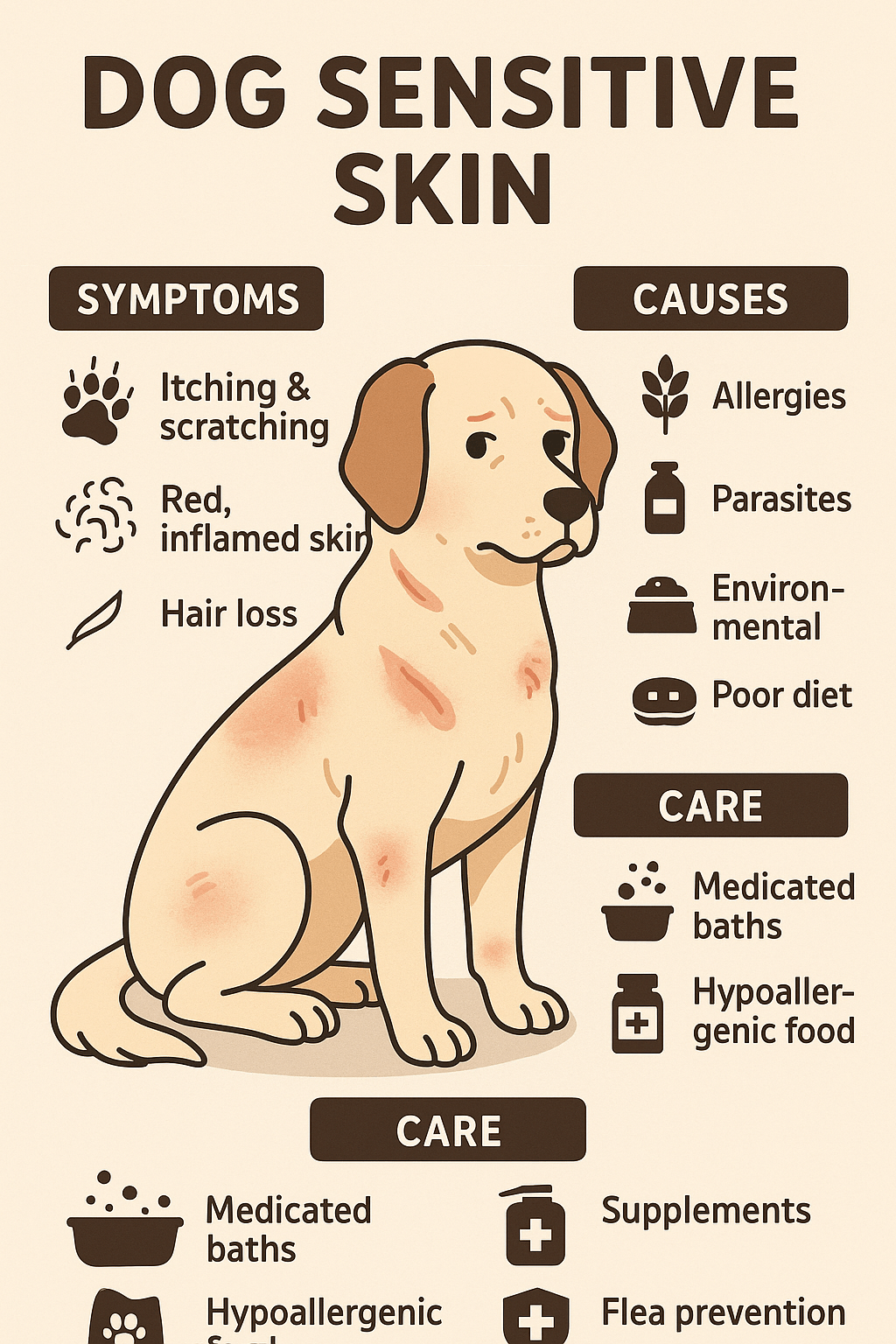Can Dogs Donate Blood? Understanding the Lifesaving Role of Canine Blood Donors
Just like humans, dogs can face medical emergencies that require blood transfusions. Whether it’s due to surgery, trauma, or a chronic illness, donated blood can be a lifesaver for dogs in need. But how does canine blood donation work? Can any dog become a blood donor, and what does the process involve? In this blog post, we’ll explore everything you need to know about dogs donating blood, from eligibility requirements to the donation process itself. By understanding this vital topic, you can help ensure that more dogs have access to the care they need when emergencies arise.
Eligibility Criteria for Canine Blood Donors
Not every dog is suited to be a blood donor. Specific criteria must be met to ensure the safety of both the donor and the recipient. Here are the key factors veterinarians consider when evaluating potential canine donors.
Age and Weight Requirements:
Dogs must typically be between 1 and 7 years old and weigh at least 50 pounds (23 kg) to safely donate blood.Good Overall Health:
Donor dogs should be free of chronic illnesses, infections, or conditions that could affect their ability to give blood.Up-to-Date Vaccinations:
Dogs must have current vaccinations to prevent the spread of diseases during the donation process.Temperament and Behavior:
Calm, friendly dogs who can remain still during the procedure are ideal candidates for blood donation.No History of Blood Transfusions:
Dogs who have previously received blood transfusions are generally ineligible to donate due to potential contamination risks.
Meeting these criteria ensures that the donation process is safe and effective for everyone involved, from the donor dog to the veterinary team.
The Canine Blood Donation Process: What to Expect
If your dog qualifies as a blood donor, you may wonder what happens during the donation process. Understanding the steps involved can help ease any concerns you might have.
Pre-Screening Evaluation:
Before donating, your dog will undergo a thorough health check, including blood tests to confirm they are healthy and free of infectious diseases.Sedation-Free Procedure:
Most dogs do not require sedation during blood donation, as the process is quick and minimally invasive.Collection of Blood:
Approximately 450 ml (about 1 pint) of blood is collected from the dog’s jugular vein, a process that usually takes 10–15 minutes.Post-Donation Care:
After donating, dogs are given water, snacks, and monitored for any signs of fatigue or discomfort.Frequency of Donations:
Dogs can typically donate blood every 6–8 weeks, but most programs limit donations to 3–4 times per year to protect their health.
The entire process is designed to prioritize the well-being of the donor dog while providing critical support to other
Check this guide 👉Does Dog Blood Work Show Cancer? Best 7 Expert Tips!
Check this guide 👉Understanding the PCT Dog Blood Test: Best 7 Tips!
Check this guide 👉Dog Bloodshot Eyes: Best 7 Health Tips!
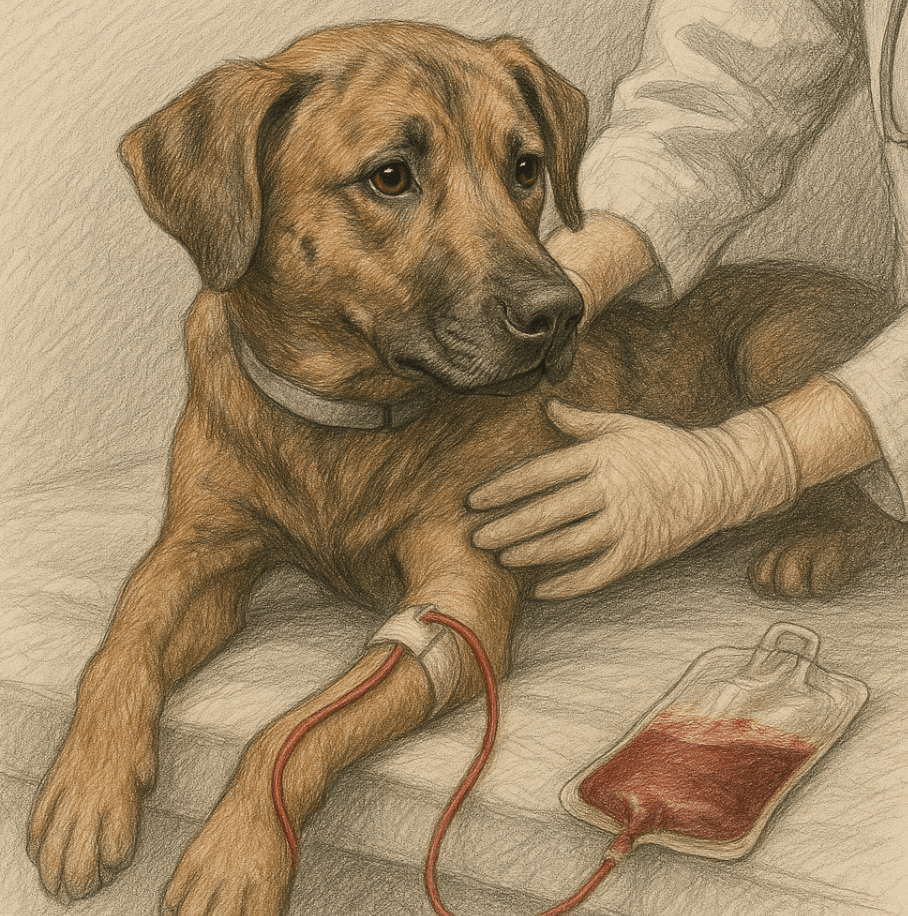
Benefits of Canine Blood Donation | Risks and Considerations |
|---|---|
Saves lives of critically ill dogs | Temporary fatigue after donation |
Strengthens the bond between owner and pet | Risk of bruising or minor bleeding |
Free health screenings for donors | Rare allergic reactions to antiseptics |
Sense of purpose for the donor dog | Stress for anxious or fearful dogs |
Contribution to veterinary advancements | Limited availability of donor programs |
How to Prepare Your Dog for Blood Donation
Preparing your dog for blood donation involves more than just showing up at the vet’s office. Follow these tips to ensure your furry friend is ready for the experience.
Provide a Nutritious Diet:
Ensure your dog is eating a balanced diet rich in iron and nutrients to support their recovery after donation.Encourage Hydration:
Offer plenty of fresh water in the days leading up to the donation to keep your dog well-hydrated.Exercise Moderately:
Avoid strenuous exercise on the day of donation, but maintain light activity to keep your dog calm and relaxed.Familiarize Your Dog with the Vet:
Regular visits to the veterinarian can help reduce anxiety and make the donation process smoother.Reward Good Behavior:
Use treats and praise to reinforce positive behavior before, during, and after the donation appointment.
By taking these steps, you can help your dog feel comfortable and confident throughout the donation process.
Signs Your Dog May Not Be a Good Candidate for Donation
While many dogs can safely donate blood, some may not be suitable candidates due to specific health or behavioral issues. Watch for these red flags before considering your dog as a donor.
Chronic Health Conditions:
Dogs with diabetes, heart disease, or other long-term illnesses are typically excluded from donation programs.Behavioral Anxiety:
Nervous or aggressive dogs may struggle to remain calm during the procedure, making them unsuitable donors.Recent Surgeries or Illnesses:
Dogs recovering from surgery or illness need time to heal before they can safely donate blood.Medication Usage:
Certain medications can disqualify a dog from donating, as they may affect the quality of the blood.Underweight or Overweight Status:
Dogs outside the recommended weight range may face complications during or after donation.
Recognizing these signs helps protect your dog’s health while ensuring that only the best candidates participate in blood donation programs.
Common Misconceptions About Canine Blood Donation
Many myths surround canine blood donation, leading to confusion among pet owners. Let’s debunk some of the most common misconceptions.
Myth: All Dogs Can Donate Blood:
Only healthy, eligible dogs meeting specific criteria can safely donate blood.Myth: The Process Is Dangerous for Dogs:
When performed by trained professionals, blood donation is safe and minimally invasive.Myth: Donor Dogs Need Sedation:
Most dogs remain calm without sedation, thanks to gentle handling and positive reinforcement.Myth: Blood Donation Weakens a Dog’s Immune System:
A single donation does not harm a dog’s immune system or overall health.Myth: There’s No Demand for Canine Blood:
Thousands of dogs require blood transfusions each year, creating a constant need for donors.
Clearing up these misconceptions encourages more pet owners to consider canine blood donation responsibly.
How Veterinarians Screen Potential Canine Donors
Before approving a dog for blood donation, veterinarians conduct rigorous screening to ensure safety and compatibility. These steps include:
Physical Examination:
A thorough check-up assesses the dog’s overall health and fitness for donation.Blood Tests:
Screening for infectious diseases like heartworm, Lyme disease, and tick-borne illnesses is mandatory.Weight and Size Assessment:
Larger dogs are preferred because they can safely donate more blood without compromising their own health.Behavioral Evaluation:
Dogs must demonstrate calmness and cooperation to minimize stress during the procedure.Medical History Review:
Any history of surgeries, medications, or chronic conditions is carefully reviewed to ensure eligibility.
These measures ensure that only the healthiest and most suitable dogs become blood donors.
Ways to Support Canine Blood Banks Without Donating
If your dog isn’t eligible to donate blood, there are still ways to contribute to this important cause. Here are some alternative ways to help:
Spread Awareness:
Educate other pet owners about the importance of canine blood donation to increase participation.Volunteer at Blood Drives:
Assist veterinary teams by volunteering your time during blood drives or events.Donate Financially:
Many blood banks rely on donations to cover operational costs and equipment needs.Adopt a Retired Donor Dog:
Some blood banks rehome retired donor dogs, giving them a loving home in their golden years.Participate in Fundraisers:
Join or organize community fundraisers to support local veterinary clinics and blood banks.
Even small contributions can make a big impact in supporting the lifesaving work of canine blood donation programs.
Frequently Asked Questions About Canine Blood Donation
Is the blood donation process painful for dogs?
No, the procedure is minimally invasive and generally painless, though some dogs may feel slight discomfort during needle insertion.
How often can dogs donate blood?
Most programs allow dogs to donate every 6–8 weeks, but donations are typically limited to 3–4 times per year.
Are there breed restrictions for canine blood donors?
While no specific breeds are excluded, larger breeds are preferred due to their size and ability to safely give larger volumes of blood.
What happens if my dog has a reaction during donation?
Veterinary staff are trained to handle any adverse reactions, such as fainting or bruising, and will provide immediate care.
Can I receive compensation for my dog’s donation?
Some programs offer incentives like free health screenings or discounts on veterinary services, but monetary compensation is rare.
Supporting Canine Health Through Blood Donation
Canine blood donation plays a vital role in saving the lives of sick and injured dogs, offering a lifeline when emergencies strike. By understanding the eligibility requirements, donation process, and preparation steps, you can determine whether your dog is a good candidate for this noble cause. While not every dog is suited to donate, those who qualify can make an incredible difference in the lives of their fellow canines. If you’re considering enrolling your dog as a donor, consult your veterinarian to ensure their safety and well-being. Together, we can create a healthier future for all our four-legged friends.
Rimadyl for Dogs: Best 7 Expert Tips! Discover expert advice on using Rimadyl safely, managing pain, and improving your dog’s mobility with trusted veterinary insights.
Can Dogs Have Tylenol for Pain? Best 7 Expert Tips! Discover the risks, safe alternatives, and expert advice on managing your dog’s pain effectively while avoiding harmful medications.
Understanding Hemophilia in Dogs: Best 7 Expert Tips! Discover expert advice on managing hemophilia, recognizing symptoms, and ensuring your dog’s well-being with practical care strategies.
Understanding Dog Sensitive Skin: Best 7 Expert Tips! Discover expert advice on managing dog sensitive skin, relieving irritation, and improving your pup’s comfort with practical solutions.

